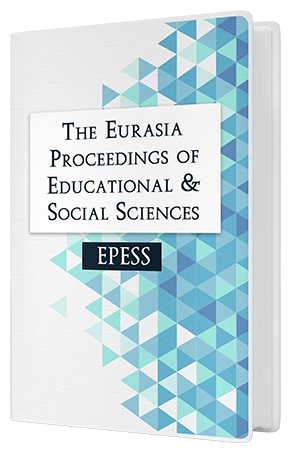A DIGITAL TO ANALOG VOLTAGE CONVERTER EXPERIMENT FOR MICROCONTROLLER COURSE
Keywords:
Digital to analog conversion, pulse width modulation, microcontroller, ripple filter, laboratory experimentAbstract
Teaching modules and programming of a microcontroller through experiments is a very efficient method. Microcontroller programming usually also requires practical electronics knowledge. Variable analog voltage outputs are usually not available in common microcontrollers, but this type of signal is required for many applications. This experiment is proposed to teach digital to analog voltage conversion (DAC) using pulse width modulation (PWM) by a microcontroller. In the experimental procedure students should generate the PWM signal, develop digital to analog voltage regulator circuit, design a ripple filter, review the experimental results and answer the questions. Students are expected to observe and interpret the code writing, the digital to analog converter and ripple filter effect. This paper describes, the experimental procedure, the materials and methods used in the experiment and the main theoretical concepts, and determine the evaluation methods for the benefits of the experiment. This experiment will be applied to biomedical engineering undergraduates. Their performances will be evaluated through surrey questions and their grades.Downloads
Published
Issue
Section
License
Copyright (c) 2017 The Eurasia Proceedings of Educational and Social Sciences

This work is licensed under a Creative Commons Attribution-NonCommercial-ShareAlike 4.0 International License.
The articles may be used for research, teaching, and private study purposes. Any substantial or systematic reproduction, redistribution, reselling, loan, sub-licensing, systematic supply, or distribution in any form to anyone is expressly forbidden. Authors alone are responsible for the contents of their articles. The journal owns the copyright of the articles. The publisher shall not be liable for any loss, actions, claims, proceedings, demand, or costs or damages whatsoever or howsoever caused arising directly or indirectly in connection with or arising out of the use of the research material. All authors are requested to disclose any actual or potential conflict of interest including any financial, personal or other relationships with other people or organizations regarding the submitted work.




